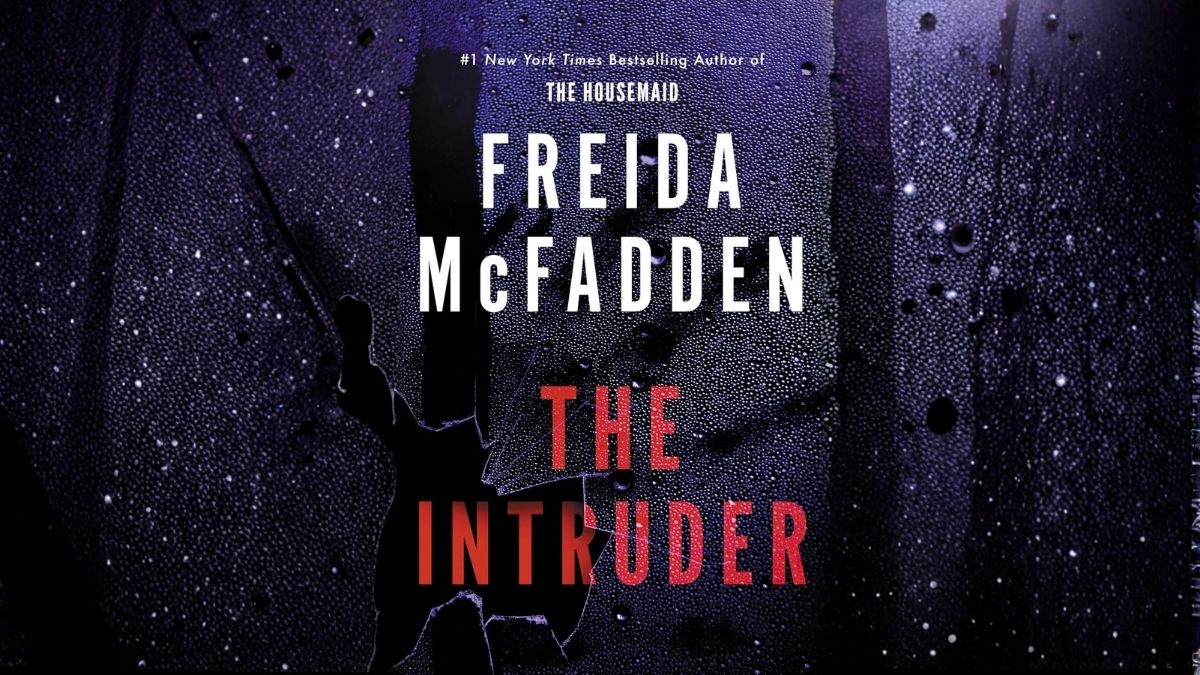The Intruder Kindle Edition by Freida McFadden: A Gripping Psychological Thriller
This post may contain affiliate links. Please read ourdisclosure policy

McFadden’s latest arrives with the hush-before-thunder energy of the storm it depicts—quiet at first, then insistent. It’s colder, sharper, and more psychologically layered than her earlier hits, and it leverages the Kindle format’s strengths: quick immersion, crisp scene turns, and seamless timeline jumps. Releasing October 7, 2025, The Intruder makes a case for itself not through jump scares, but by letting two women—each keeping her own counsel—circle the truth until there’s nowhere left to hide.
Before we dive into details
This is the kind of thriller that rewards attentive reading. The clues are fair, the reveals feel earned, and the tension comes as much from what’s withheld as what’s shown.
Meet the premise
Casey has chosen solitude in a remote cabin—less escape than survival strategy. When a blizzard seals the exits and a stranger named Eleanor arrives bleeding and armed, the space compresses into a psychological pressure cooker. From the first encounter, McFadden invites you to interrogate every assumption: Who’s unsafe? Who’s honest? Who’s editing their own story?
Structure that hooks
Chapters switch between “Now” (inside the storm) and “Before” (a past that explains just enough but never too much). The two tracks spiral toward convergence, and the timing of those interlocks is where the book’s craft really shows. You’re not just learning information—you’re reinterpreting it in real time.
Characters with edges
Casey’s isolation hints at a history she’d rather not revisit; Eleanor’s menace feels less like villainy and more like damage sharpened into a blade. McFadden resists neat labels. Instead, she lets empathy and suspicion trade places from scene to scene, which keeps the moral ground unsteady underfoot.
Weather as a real antagonist
The storm isn’t a backdrop; it’s an instrument. As power flickers and supplies thin, the cabin’s layout—locks, sightlines, hiding places—starts to matter. Environmental risk and emotional risk ladder up together, narrowing the range of honest choices until confrontation is inevitable.
What readers should know
This isn’t a procedural and it isn’t action-forward. It’s a psychological duel that uses setting and structure to raise the stakes without shouting.
Format & release details
- Release date: October 7, 2025
- Pages: 288 (pacey but not rushed)
- Formats: Kindle Edition (instant access), hardcover, and audiobook If you like switching devices, the digital edition’s chaptering makes timeline shifts easy to track, while the audiobook’s multi-narrator approach helps distinguish perspectives.
Content considerations
Expect depictions of violence and the aftershocks of trauma. Nothing feels gratuitous, but the book doesn’t flinch. If you prefer your suspense without psychological bruise colors, take note.
Style & tone
Dialogue is economical, the descriptive beats are tactile (cold air, floorboard groans, snow throttling sound), and the prose avoids melodrama. McFadden trusts subtext; that restraint makes the sharper moments land
How it stacks up in the genre
If locked-in thrillers like No Exit hooked you for the predicament, The Intruder may hook you for the psychology. The “mysterious stranger” trope gets a thoughtful revision: danger is assumed early, so the puzzle shifts from if to why—and then to what it costs to find out.
Theme notes
Beyond immediate jeopardy, the book asks how past harm shapes present choice. It stays skeptical about clean narratives of victimhood and blame, which gives the final movements a grim clarity rather than a tidy bow.
Twists without cheats
The reveals feel baked into character rather than pinned on coincidence. When the book turns, it turns on something you could have noticed—if you’d known where to look.
Who will enjoy this
- Readers who prefer character logic over chase scenes
- Fans of chilly, contained settings that ratchet pressure by inches
- Book clubs that like to argue (nicely) about culpability, memory, and motive
If you come for adrenaline alone, you’ll still get plenty; if you come for moral complication, you’ll leave with questions worth wrestling.
Verdict
The Intruder is a spare, controlled study in fear, secrecy, and the stories we tell to stay intact. It’s engaging without gimmickry and quietly confident in its craft. I’d recommend reading it on a rainy evening with the lights a touch too low—then maybe checking that the deadbolt’s turned.
This review covers a title featured among Amazon’s bestsellers. If this flavor of psychological suspense is your thing, consider browsing other top-ranked thrillers in the same category—you might find your next late-night “just one more chapter” companion there.